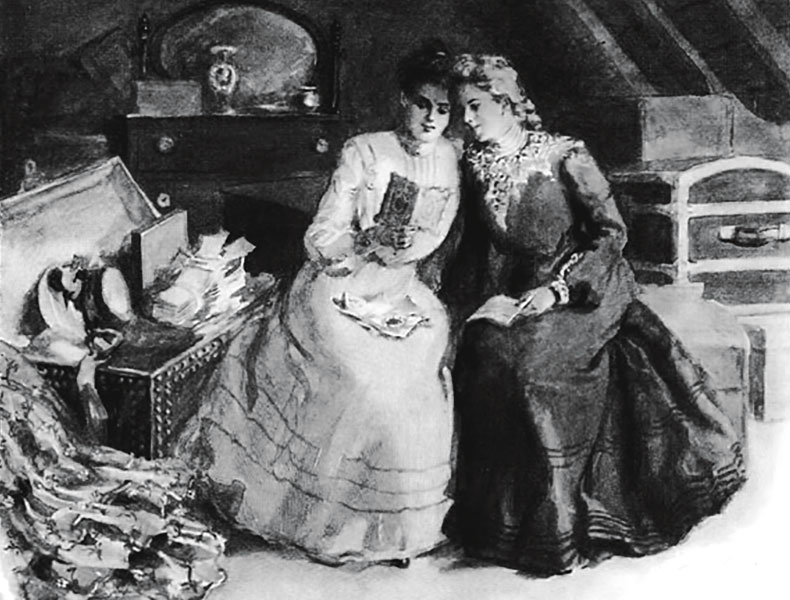Because I must, I accept that there are people who don’t care too much about those they bump into on the journey. They just want to enjoy a beer or a joint, go to the game or watch it on the box, float through a life that is difficult enough already, and justify any companion on this haphazard voyage: “Well, he makes me laugh.”
That’s enough. They don’t ask too much of friends. A relative, a buddy, what’s the difference? So long as it’s reasonable fun to drift in his company.
And then there are the others, maniac souls, who demand perfect friendship. They are loyal and true when a friend is sick or needful, but vindictive and creepy with night hatreds if the friend lets them down. They love. They hate. They treasure injustice with the sweaty focus of adolescent concupiscence. An evil word behind the back, a lazy dismissal of obligation—the sort of thing human beings do all the time, because they are human, evil, and lazy—calls down the maledictions of the injustice collector. He sleeps in a bed of worms. There are many such. Alas, I find myself among their number. The element of disease in this pursuit of perfect loyalty and the continual discovery of failure is not a treat. A doomed ideal is no joy, even to fanatical idealists. Anything that gives so much pain must be given a more pejorative psychological name than quixotic: love of disappointment. Masochism. Mea culpa.
Survival is everyone’s aim; survival is conveniently what it mostly comes down to. A true friend gives up some of his convenience for his buddy. When the laughter stops is when the ambiguity of survival stops being abstract. The contradictions between pleasure and obligation are crucial. Here is where depth is defined. And so friendship often has its knuckles broken as it tries to climb into the crowded lifeboat.

The notion that friendship matters implies that we are not just a swarm of midges, invisibly devouring one another—an identical organism in shaded motion, if our planet were to be seen from afar. The notion that others are not merely occasional helpmates and collaborators, to be called on or discarded as necessary, implies some continuity of the organism: memory, in which we live; nostalgia, in which we live; love—something permanent in the flesh that we know to be forever rotting, whatever lovely glow it emits in the process. I, like others, stubbornly insist there might be a meaning. There may be no God. There may be no Intention. But there is a divine pattern in tradition and memory. In the duration of our lives, the jostling uncertainty of the times, we cling to trust. And it is betrayed. And we cling again. Friendship and love mean more than someone to chatter with, someone to stroke, someone to couple with.
Friendship matters; it seems to matter more than most things, and entails moral connections to the will more deeply human than mere connection by blood. After all, wolves are loyal to their pups; many species protect their nests. Only men and women aspire to lifelong loyalty to friends whose bodies do not commingle with their own. We choose. Until we are composed decently by death, we long for company unobliged by blood. The loneliness of the friendless is a special horror, and family does not fully mitigate it. Blood is fatal, inevitable, never to be denied; it demonstrates nothing about choice. But friendship, an act of pure intention, can be denied. There are no guarantees other than that most fallible one, the human heart. We choose to have friends because we must; else we’ll have no hearts, we’ll not feel alive. Sweet and dangerous defiance forever.
From “Friendship and the Lifeboat,” which appeared in the March 1973 issue of Harper’s Magazine.






































































































